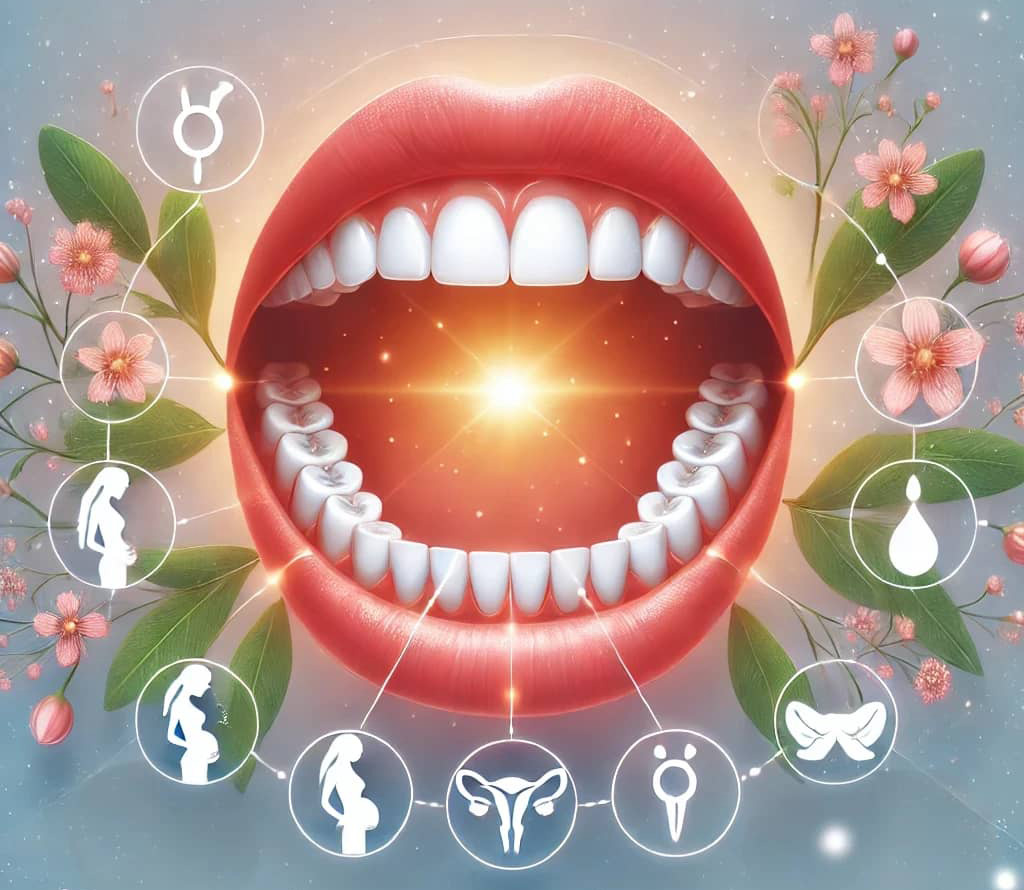
Hormonal changes can significantly impact oral health, affecting both women and men, but in different ways. Women experience multiple, dramatic hormonal shifts throughout their lives, from puberty to menopause, which makes their gums more susceptible to inflammation. These hormonal variations increase blood flow to the gums, making them prone to conditions like gingivitis. Men, on the other hand, experience less frequent but still impactful hormonal changes, particularly with the gradual decline of testosterone as they age. This decline weakens the immune system and raises the risk of gum disease.
During puberty, girls may face extra challenges in maintaining oral hygiene, especially if they undergo orthodontic treatments. The presence of braces or aligners complicates oral care, exacerbating inflammation. In men, the testosterone surge in adolescence and its subsequent decline later in life are key factors in their oral health journey. While women deal with monthly hormonal fluctuations affecting their gums, men must consider the long-term impact of testosterone on their immune response and oral tissues.
Pregnancy adds another layer of complexity for women. Hormonal changes during this period can lead to pregnancy tumors on the gums and increase the risk of periodontal disease. In the years leading up to menopause, the decline of estrogen and progesterone decreases saliva production, causing dry mouth. This, in turn, heightens the risk of cavities and gum disease. Menopause further exacerbates these oral health issues, with many women experiencing significant dry mouth and even burning sensations in their mouths.
Medications and hormone therapies can also influence oral health. Birth control pills and hormone replacement therapies mimic natural hormonal shifts and can increase inflammation of the gums. Certain medications, like antidepressants and antihistamines, lead to dry mouth, compounding oral health challenges. Even for men and women who are undergoing hormone therapy or taking specific medications, awareness of these effects and communication with healthcare providers are crucial.
Ultimately, the best way to manage hormone-related oral health issues is through proactive care. Regular dental checkups, good oral hygiene practices, and lifestyle choices like avoiding smoking can significantly mitigate these risks. Both men and women should be aware of how hormonal changes affect their oral health and take steps to maintain healthy gums and teeth throughout their lives.

